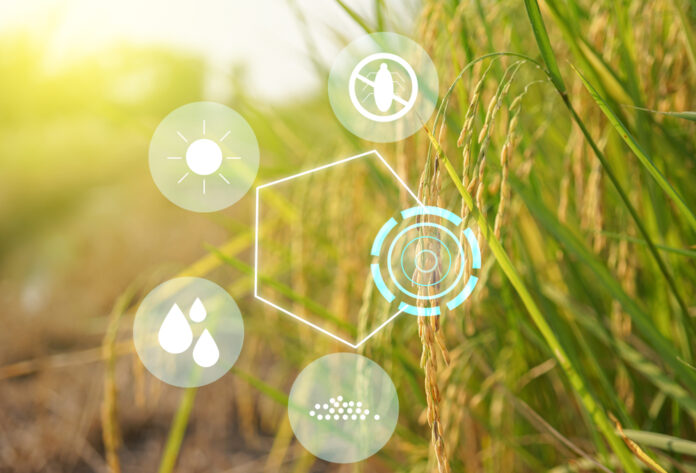Regional experts have called for ASEAN governments to establish supportive policy frameworks to accelerate the adoption of digital technologies—such as Internet of Things (IoT), drones, and e-commerce platforms—to modernize agriculture across the region.
At a recent symposium, analysts emphasized the critical role agriculture plays in the livelihoods of Southeast Asia’s population and its importance to global food security. However, they highlighted pressing challenges such as climate change, rising food demand, and resource overexploitation that threaten the sector’s sustainability.
To address these issues, digital solutions are seen as key. IoT technologies, including weather stations and soil sensors, have been widely implemented to improve farming efficiency, optimize resource use, and promote sustainability. Similarly, drones are increasingly being used for precision farming, crop monitoring, and data collection, offering tools for better decision-making and resource management.
Experts also pointed to the role of ICT networks in water management and climate resilience, particularly in rice-farming regions prone to flooding and drought. These technologies, alongside e-commerce platforms like Viet Nam’s SENDO and the Philippines’ e-Kadiwa, are helping farmers improve market access, stabilize incomes, and streamline supply chains.
Despite the promise of these technologies, challenges remain, including high costs, infrastructure gaps, and limited digital literacy. Experts stressed that successful digital transformation hinges on strong collaboration between governments, the private sector, and stakeholders across the agriculture ecosystem. They urged ASEAN governments to foster an inclusive, supportive policy environment to enable these innovations and drive sustainable agricultural development across the region.







